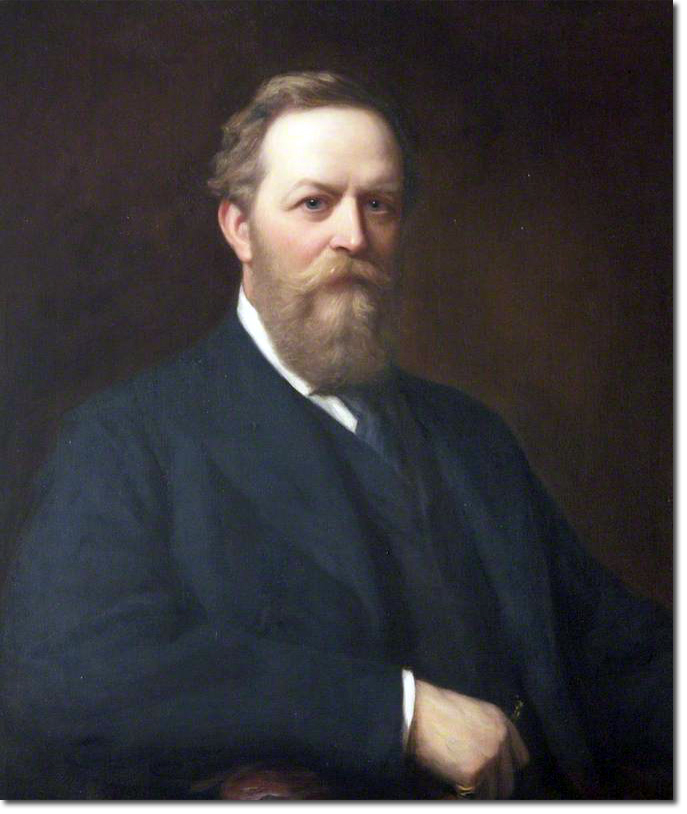|
|

 |
|
In the House of Lords, Morley figured as a polished speaker of Liberal principles. From 1868 to 1874 he was a lord-in-waiting to Queen Victoria during Gladstone's first administration. When Gladstone returned to office in 1880 he became under-secretary for war, serving first under H. C. E. Childers and then under Lord Hartington. He proved an efficient minister, notably in speeches on recruiting and army organization, and he displayed a grasp of affairs during the debates on the occupation of Egypt and the expedition to Khartoum. He left office in 1885.
When the home-rule question arose to divide the Liberal Party, Morley at first followed Gladstone, and from February to April 1886 was first commissioner of public works in Gladstone's third government. On 12 April he resigned, together with Edward Heneage, chancellor of the duchy of Lancaster, after Gladstone had divulged the scope of his measure. He was elected chairman of committees and deputy speaker of the Lords on 4 April 1889. Morley considerably extended the powers of the chairman, exercising an often decisive influence on the success or failure of private members' legislation. Attacked by a lingering illness, Morley sent in his temporary resignation in February 1904; his departure was generally regretted. Lord Balfour of Burleigh took his place. On 12 February 1905 he finally resigned and he died fourteen days later, on 26 February 1905, at his home, Saltram, Plympton St Mary; he was buried on 2 March in the parish churchyard. |
Empire in Your Backyard: Plymouth Article
Armed Forces | Art and Culture | Articles | Biographies | Colonies | Discussion | Glossary | Home | Library | Links | Map Room | Sources and Media | Science and Technology | Search | Student Zone | Timelines | TV & Film | Wargames